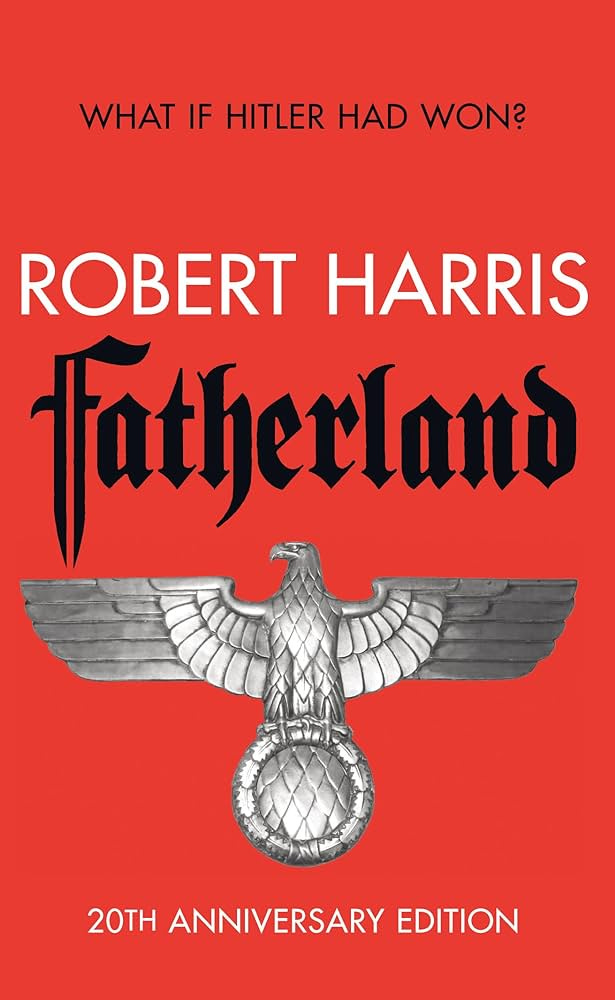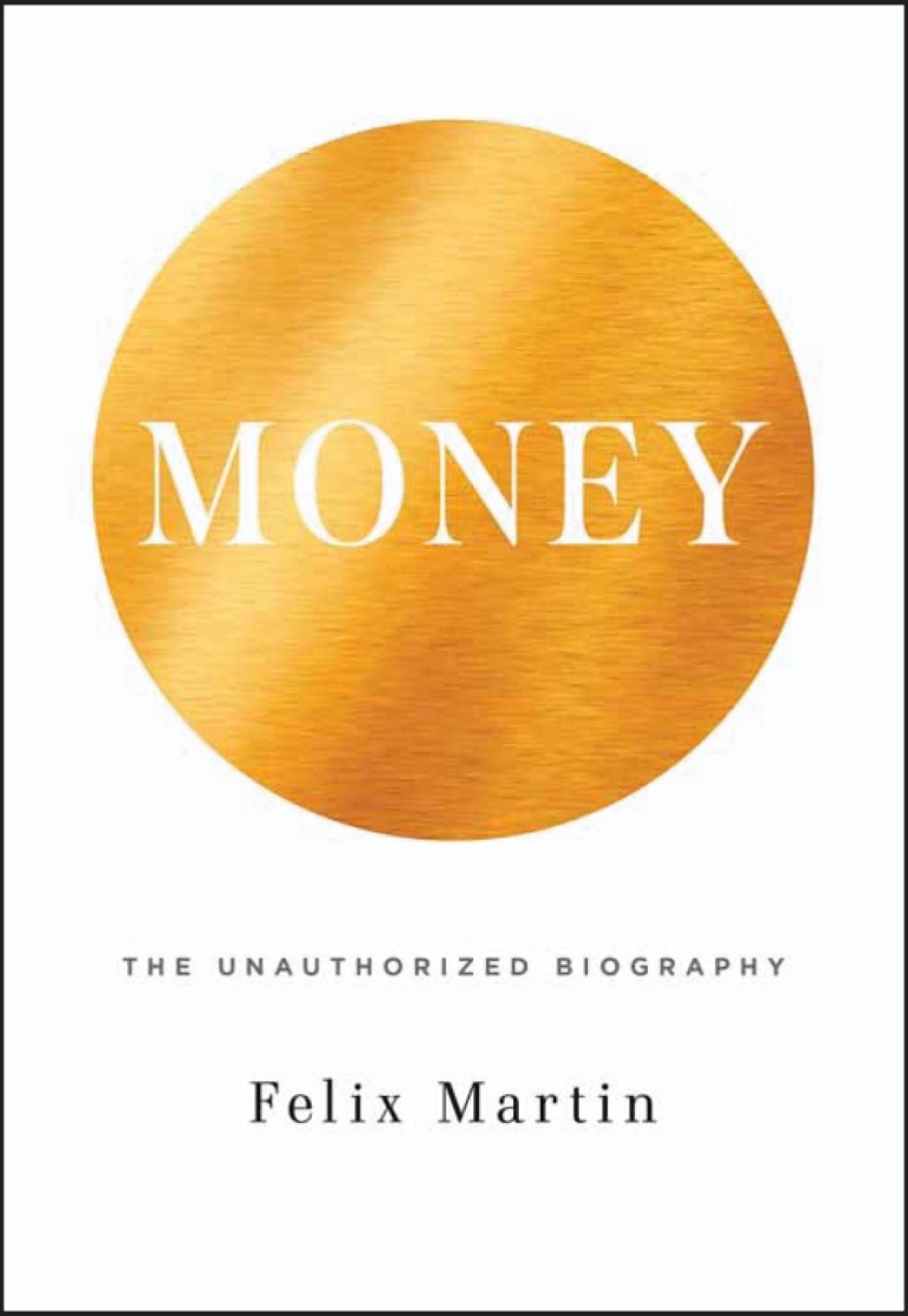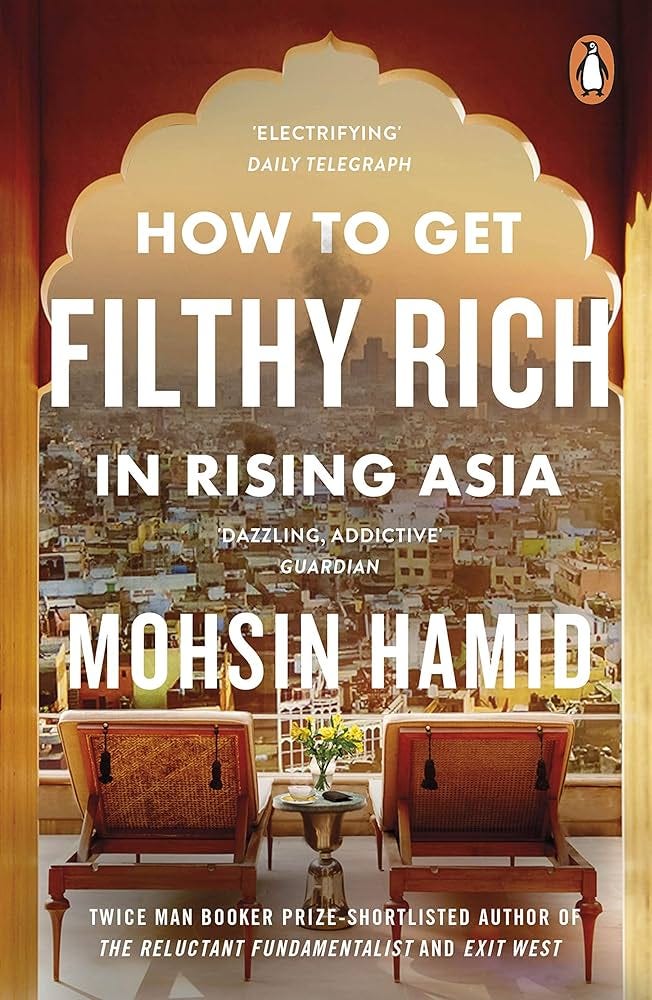Hello readers,
If you haven’t checked out our book Think Like The Minimalist, please do. We’re grateful that it’s doing well and was #7 in Crossword’s Top 30 Non-Fiction List.
If you’re new to the community, you must know that we’re suckers for reading good books.
I’ve been writing book recommendation articles for a while now (here’s the Q2 list), and it’s awesome that people keep picking up and trying new stuff they’ve never heard of based on these lists.
Here are 6 books from the last 3 months that I’d urge you to try:
Algorithms To Live By: Computers work in fascinating ways, and we can use the logic behind algorithms to guide us in our everyday decisions. That’s the subject of this entertaining book, as it takes the readers through interesting principles like the 37% rule (knowing how many options to evaluate before stopping to make a choice if you’re looking for apartments or searching for a partner) or the explore-exploit dilemma (and how kids and old people both have a distinct approach to this problem). This isn’t a loathsome self-help book with yawn-inducing tips on what to do in life, but a fascinating exploration of how so many of our actions can be guided by algorithmic thinking.
India that is Bharat: This book is a must-read to understand the deep impact of colonization on the Indian mind. The detailed exploration helped me look at the 2 different waves of coloniality (Islamic and European) that Bharat has suffered in a very different light. The reader can walk out with a sharp understanding of the tools of the colonizer, how much damage Indic consciousness has suffered because of being interpreted from a European lens, and how we must claim back our agency and learn about the Indian civilization’s approach to nature, development, morality, and politics on our own terms. This isn’t simply a blood-stirring call to action. A detailed analysis of exactly how our minds have been distorted can change your worldview and inspire you to look at and learn about the Bharatiya civilization with a fresh, decolonial perspective.
Fatherland: What if Hitler had won? What would Nazi Germany and the rest of the world look like in such a scenario? I am fascinated by speculative fiction books that explore such counterfactuals, and Fatherland builds on these themes with a sinister murder mystery setting. Dark, gritty, and thought-provoking, this is a brilliant historical fiction thriller that paints a picture of a 1984-esque society that would make one shudder.
Bad Science: What’s one recurring method that big pharma companies use to fool us all the time? (We’ve discussed the deadly tactics of monopolists earlier) How do quacks selling detox products and alternative medicines beguile the public? What does science really mean, and how can the average person figure out if a scientific study is legit or just a hoax to sell some dubious crap? Author, doctor, and fraud-busting science detective, Ben Goldacre has written a funny and approachable book so we can understand what a good study really involves and how to smoke out the fraudulent ones and safeguard ourselves. My recent article on the magic of placebo was inspired by this fun read.
Money: The Unauthorized Biography: We live in a world of unreal interest rates, banking crises, rising inflation, and currency collapses. But why do these things happen and where did our current system of central banking come from? I’ve been very curious about the nature and meaning of money and I picked this book up for some answers. It does an excellent job of not only explaining what money is from a larger, philosophical perspective (hint: it’s not the coins or notes or ledger entries in your bank) but also takes the reader through a brief history of the emergence of this concept and how various ideas have led to the current financial system. If you’ve ever wondered what this damned thing called money really means, drop everything and read this book.
How To Get Filthy Rich In Rising Asia: A parody self-help fiction book, this is an interesting, one-of-its-kind read that explores the rags-to-riches journey of a boy in an unnamed country (one doesn’t need a 5 kg brain to guess that it’s Pakistan). Every chapter is structured like a piece of (seemingly ironic) advice on how to get rich and explores what life is like for those born into the lower rungs as they struggle to rise to the highest echelons of society. A beautiful, raw depiction of negotiating life in a typical South-Asian city, this is a short and amusing read and might turn out to be very different from your regular fiction choice.
That’s it, folks. I hope you read a few of these and have a blast learning new stuff. If you read something interesting last quarter, I’d love to know- please respond to the email (I respond to 100% of the emails I receive) or comment on the web article.
Here are some more stuff you might enjoy:









